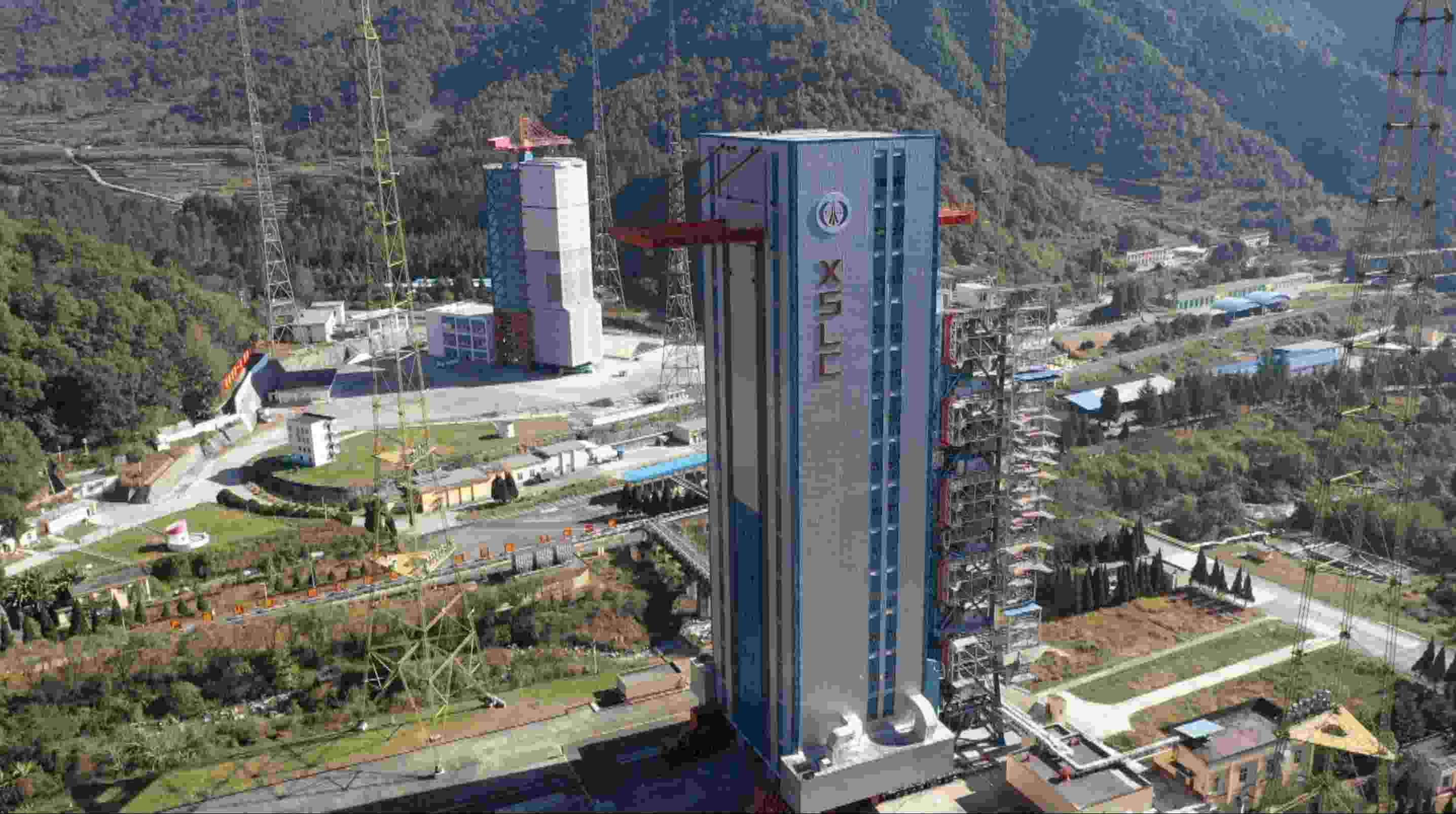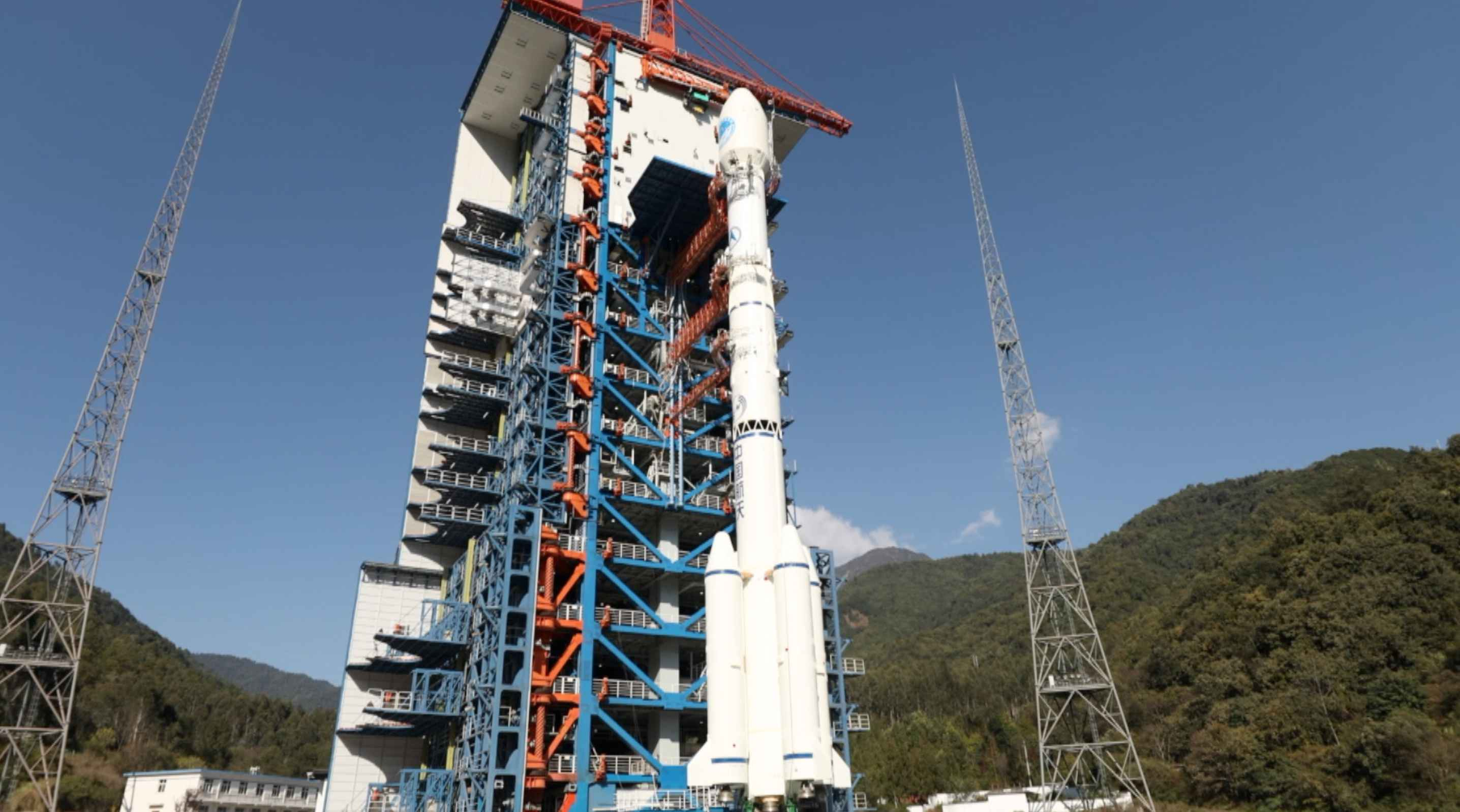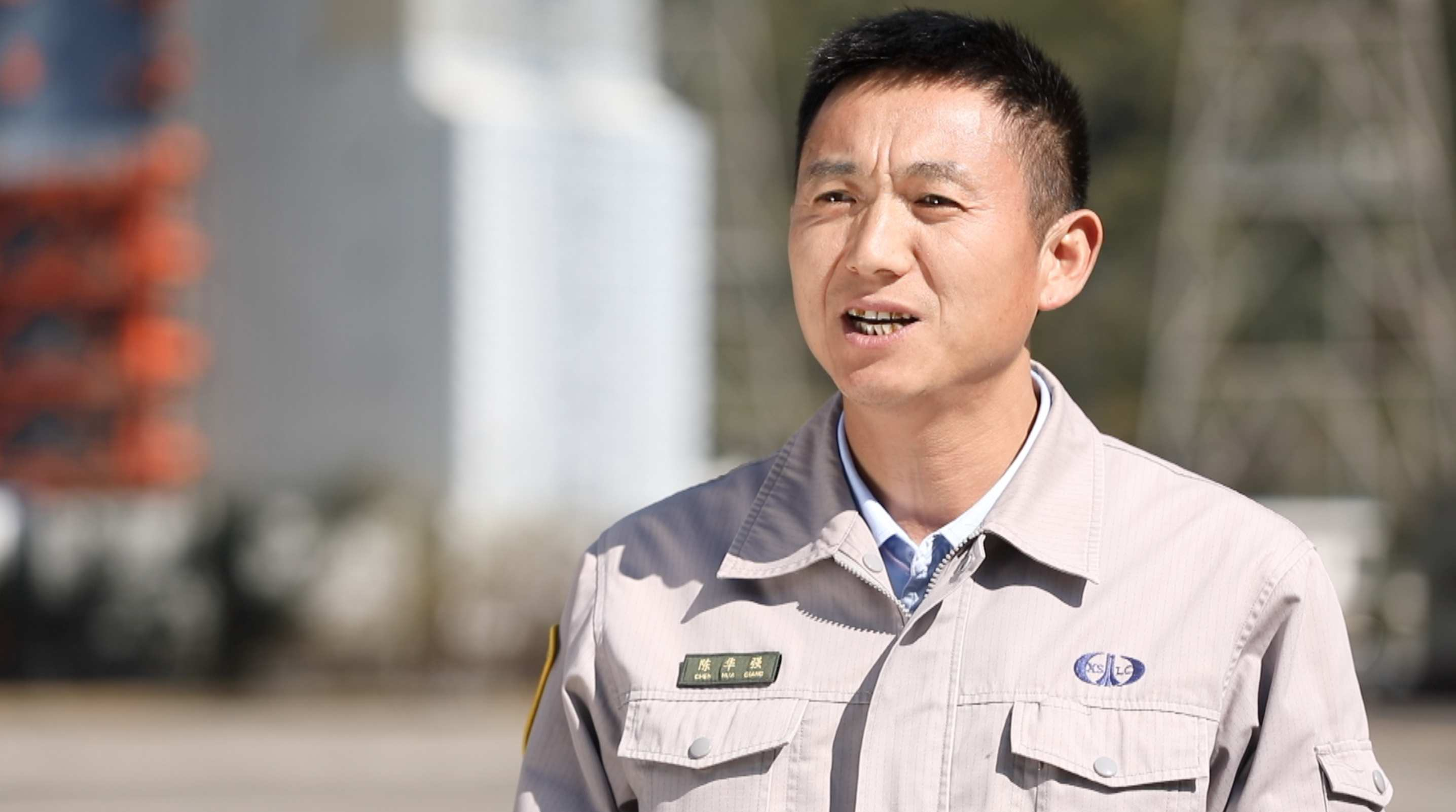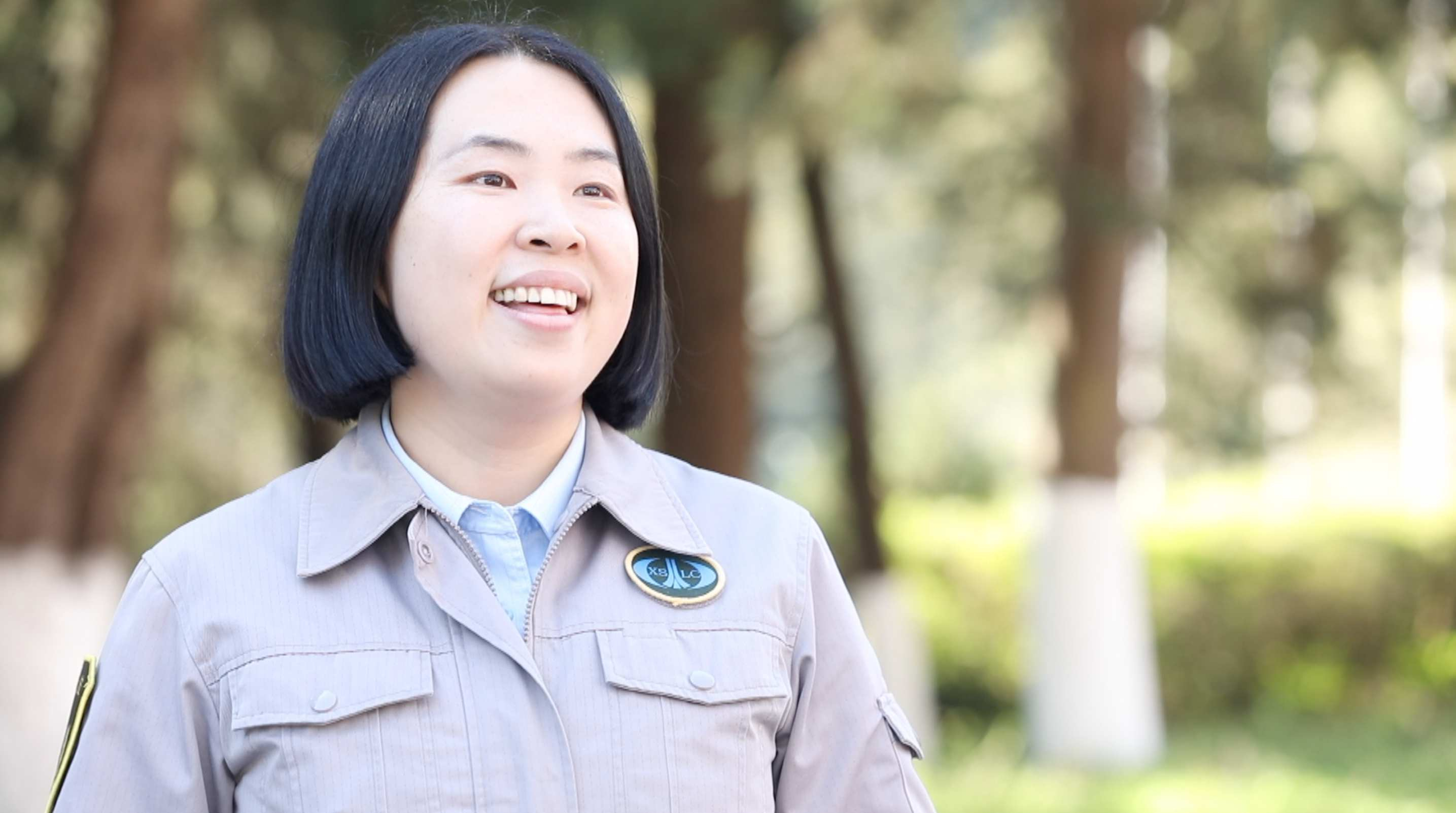
Space
13:48, 04-Jan-2019
Chang'e-4 probe: Xichang launch center a new frontier in China’s lunar exploration
Updated
13:30, 07-Jan-2019
By Ning Hong
02:43

China's Chang'e-4 lunar probe has landed on the far side of the Moon. The probe was launched from Xichang Satellite Launch Center, which is now a frontier for China's space endeavors.

Xichang Satellite Launch Center, Xichang, SW China's Sichuan Province. /CGTN Photo
Xichang Satellite Launch Center, Xichang, SW China's Sichuan Province. /CGTN Photo
"To launch probes into higher orbit such as the Moon, requires large and heavy launch vehicles with a strong propelling force," said Chen Huaqiang, chief of testing at the Xichang Satellite Launch Center. "Xichang is the only place in China that could launch such rockets. That's why we have been involved in the Moon exploration mission from the very beginning."

Chen Huaqiang, chief of testing at Xichang Satellite Launch Center, Xichang, SW China's Sichuan Province. /CGTN Photo
Chen Huaqiang, chief of testing at Xichang Satellite Launch Center, Xichang, SW China's Sichuan Province. /CGTN Photo
Located in the mountains of southwest China's Sichuan Province, the Xichang Satellite Launch Center played a role in most of the major space missions last year, including China's BeiDou Navigation Satellite System, and China's lunar exploration mission.
The Chang'e-4 needed over 100 days of preparation. Working on parallel projects is a norm here. The base used to have three satellite testing and fueling operations at the same time.
"While we're testing one satellite, another rocket is re-fueling at the same time, and a new rocket is being delivered. That's how the work goes here," Chen said.
This has pushed the center to improve efficiency, especially while operating on a tight schedule. Everyone working here has a key role. Zhang Ying is a member of the meteorological team, and as a young mother, she's spent most of her time at the center for the last two years.

Zhang Ying, a member of the meteorological team in Xichang Satellite Launch Center, Xichang, SW China's Sichuan Province. /CGTN Photo
Zhang Ying, a member of the meteorological team in Xichang Satellite Launch Center, Xichang, SW China's Sichuan Province. /CGTN Photo
"If the launch widow is scrambled by weather; it will have a chain effect on the following missions. I used to spend 30 hours awake monitoring a storm before a launch," said Zhang.
"I am a little drop of water, and China's space industry is the river. I believe the development of China's space industry will guide my life and career forward," said Zhang.
China is leading the world in space launches for the first time in history. Of the 39 launches conducted in China in 2018, 17 were done from Xichang. This is what the people working here are quite proud of.

SITEMAP
Copyright © 2018 CGTN. Beijing ICP prepared NO.16065310-3
Copyright © 2018 CGTN. Beijing ICP prepared NO.16065310-3